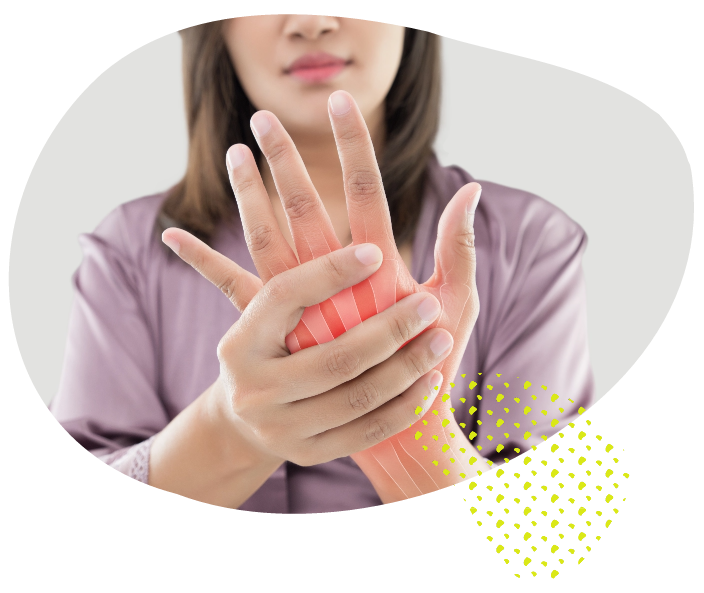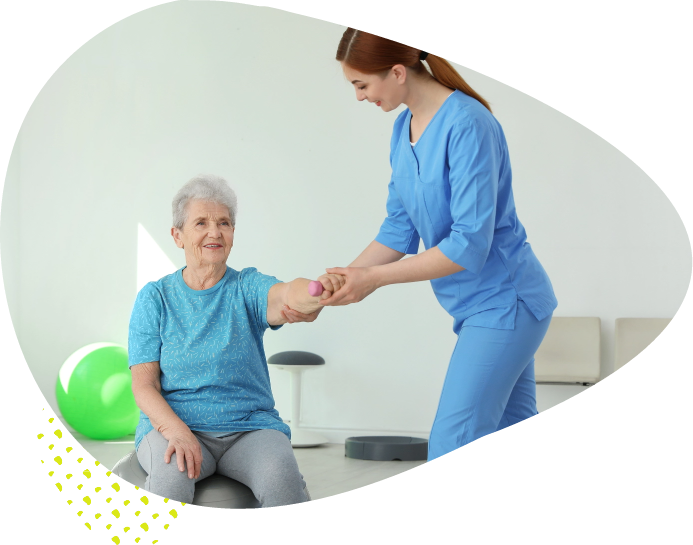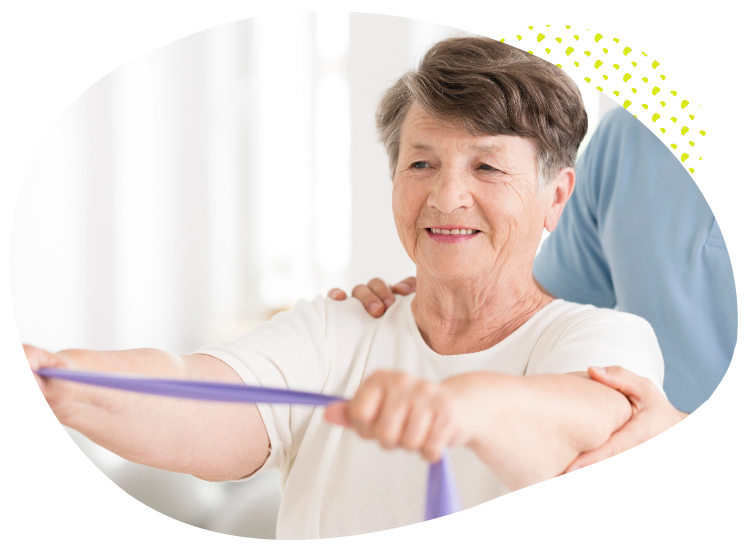Stroke

Modifiable Risk Factors (we can help you change these!):
- High blood pressure
- Smoking
- High alcohol consumption
- Diabetes
- A diet high in saturated fats and cholesterol
- Physical inactivity and obesity
- High cholesterol
- Other forms of heart disease eg. coronary heart disease
Non Modifiable Risk Factors (you can’t change these):
- Age (people over 55yrs have a higher risk),
- Gender (males generally have a higher risk than females) and
- Family history of stroke.
How can Bites Dietitians help?
Our Dietitians will conduct an assessment of your current diet, lifestyle and overall health status and develop a meal plan that targets any existing health conditions such as high cholesterol or develop a meal plan with you that aims to actively reduce the risk of developing these conditions. We will implement different strategies to help reduce the intake of saturated fats and replace this with monounsaturated fats found in plant foods e.g. nuts and avocado and polyunsaturated fats which are made up of omega-3 and omega-6 fats which can be found in foods such as oily fish e.g. salmon and mackerel which have been proven to actively reduce the risk of stroke!
Our Dietitians will create a tailored meal plan that will ensure you are meeting all your dietary requirements whilst receiving adequate nutrition from real (and delicious!) food. We will assist and educate you on how to maintain a healthy diet and lifestyle through dietary strategies that are achievable and most importantly maintainable. By doing this we can help you to successfully reduce your risk of stroke whilst also successfully managing any other health condition you may have already!

An interesting fact about diet and stroke
Did you know that every hour, five Australians die from a stroke or blood vessel disease and many live with a disability caused by having a stroke or heart attack! More than 80% of strokes can be prevented. Evidence has shown that there is an association between fruit and vegetable consumption and stroke risk. It has been found that consuming a diet high in both fruits and vegetables is associated with lower rates of stroke.

How can Bites Exercise Physiologists help?
An interesting fact about exercise and rheumatoid arthritis
- Did you know there is a transfer affect when training the unaffected side of the body which can show significant improvements in strength, mobility and coordination to the affected side
- A 12 week strength program performed 2 x a week can show a 68% increase in strength on the affected side of the body
- Active men and women have a reduced risk of stroke by up to 25-30% compared to those who are inactive
- Biggest and most significant improvements in physical fitness and symptoms are seen within the first 6 months post stroke.
What improvements can you expect from a tailored exercise program?
- Enhance your mental health to stabilise your moods and increase your confidence within yourself
- Improve your walking ability and can increase stride length therefore increasing walking pace
- Improve your balance to reduce the risk of falls
- Improves muscular strength, endurance and coordination in the stroke affected side of the body
- Helps you to return to activities of daily living for independent living
- Increase in energy and endurance levels to reduce fatigue
- Decreased risk of recurrent strokes and other major health conditions
- Lower your blood pressure and manage risk factors like hypertension that increase your risk of stroke
- Pain alleviation
- Improvements in alertness and thinking ability
- Improvements in sleep

Helpful things to bring/remember before your first appointment
- Referral from your GP
- List of medications currently taking (these can affect the intensity of exercise we set for you!)
- Any specialist letters or notes
- Any scans or test results relating to your stroke
- Any cardiac or stress testing results performed with your treating cardiologist
Want To Know More About Other Conditions We Treat?
